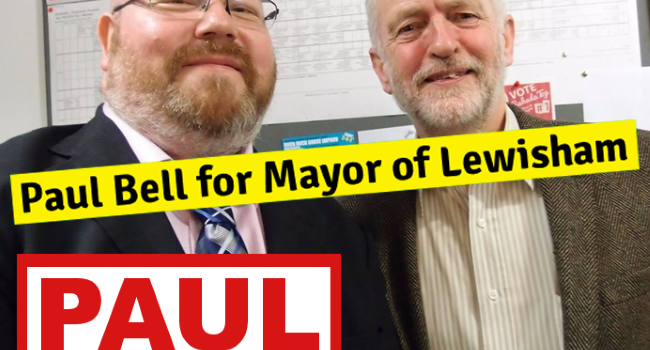At the Momentum meeting last night, it was pointed out the local NHS Clinical Commissioning Group are consulting on closing the Waldron Centre, the Deptford/New Cross located NHS medical walk-in centre. It would seem that they propose that walk-ins are dealt with at Lewisham Hospital A&E or at local GP surgeries; it’s just as well we managed to keep the hospital open really, although this could be seen as the accountant’s revenge.
The consultation document justifying the proposal, and the online survey are at this page.
http://www.lewishamccg.nhs.uk/get-involved/Pages/Have-your-say-Walk-in-Centre,-New-Cross.aspx
The consultation document characterises the centre’s users by nature of complaint, reason for use of the walk-in centre, and likely alternatives to be pursued. (A not so popular alternative is to look for another walk-in centre; there are none in South London.)
It documents the fact that 43% of its visitors do not have Lewisham GPs and that 23% have no GPs at all. It puts these statistics in the context of cost. Lewisham CCG do not get a capitation fee for these visitors and despite the service orientated arguments, it is likely to the real motivation.
It argues that walk-in centres are not good for treatments, in particular for mental health treatment and then show that the top six complaints are highly physical with the top one being wound care.
No figures are presented about waiting time for GP appointments.
This is a cut in service, you might like to read the document and complete the survey.
A short URL has been created at http://bit.ly/WaldronFuture …







